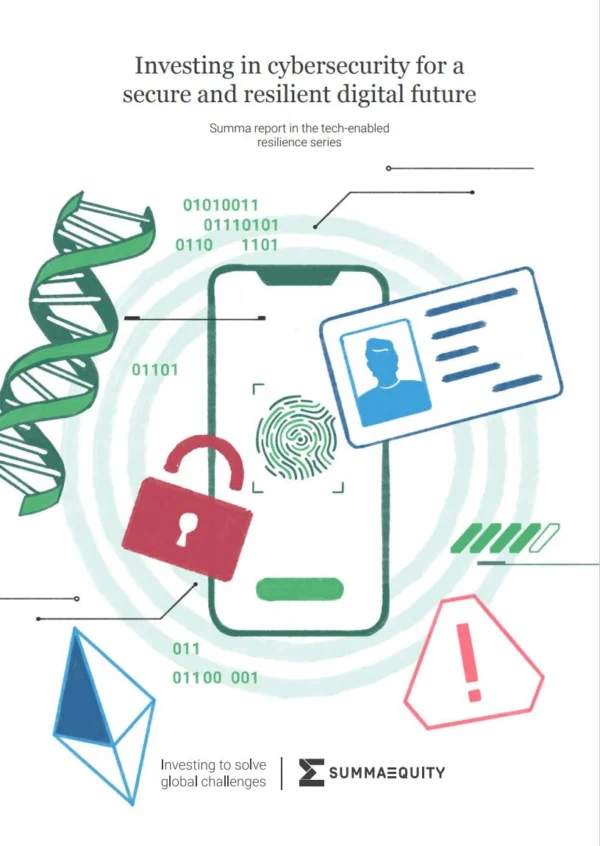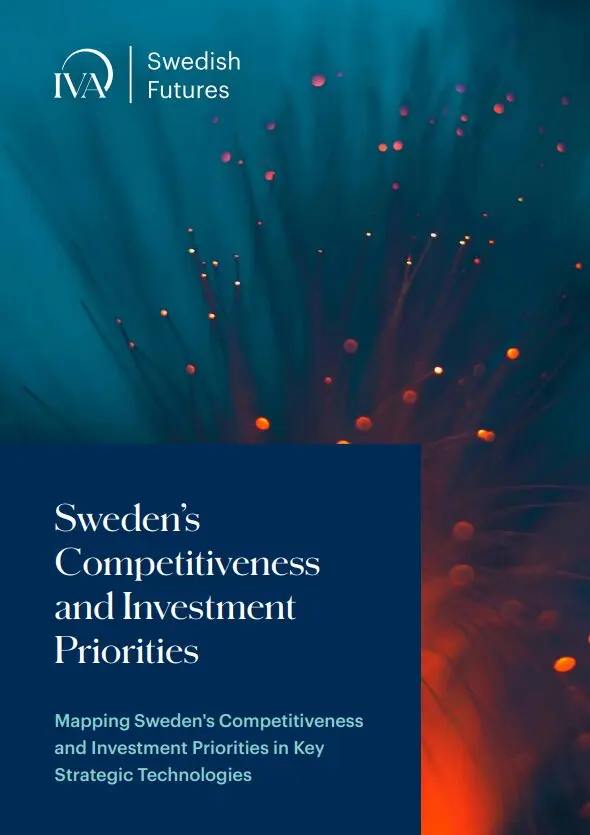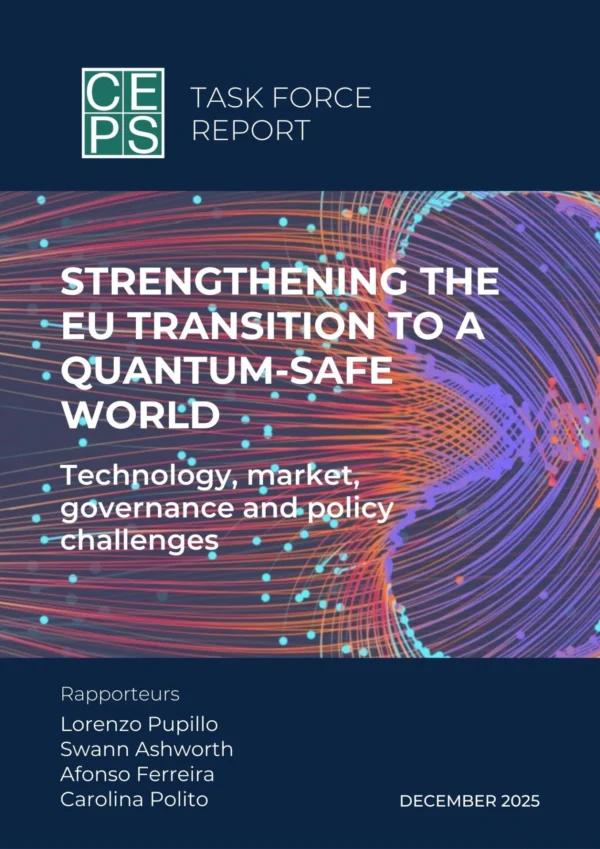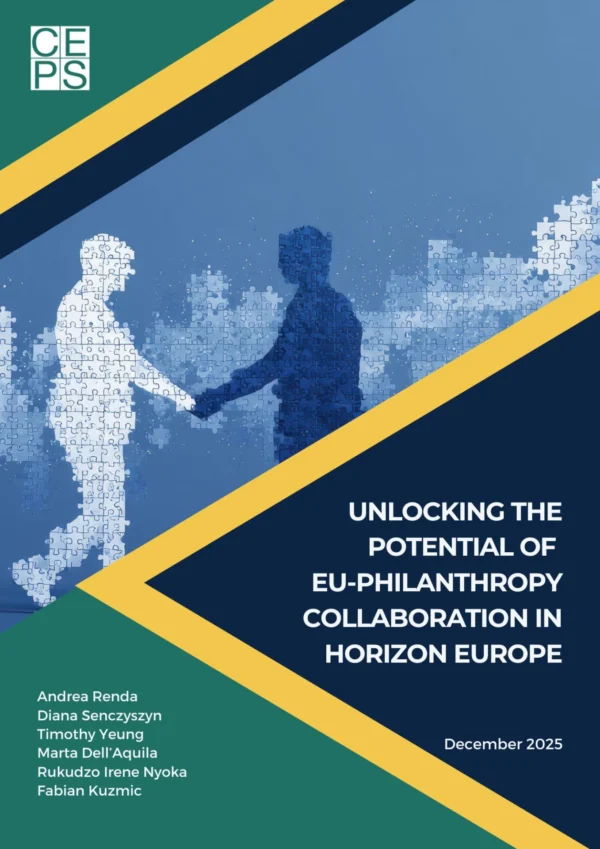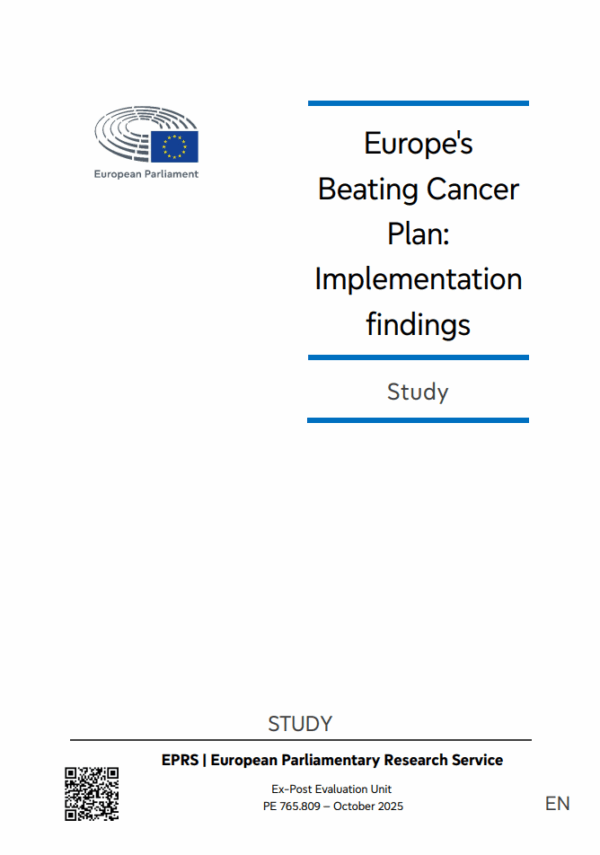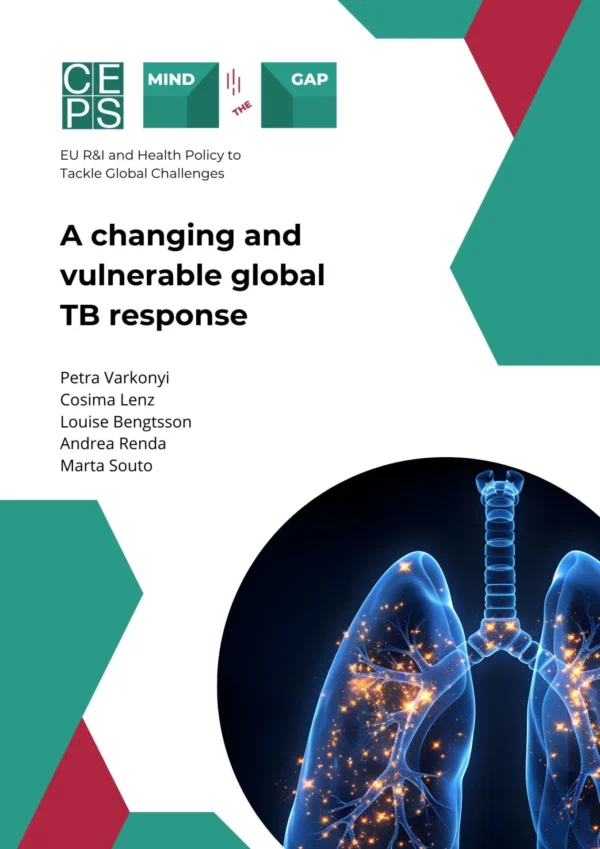The EU’s approach to research and innovation (R&I) is often praised by commentators and policymakers as being oriented towards rewarding excellent science, as well as tackling global challenges.
With that in mind, this report assesses the EU’s capacity to position its forthcoming Tenth Framework Programme (FP10) as a global leader in addressing global challenges through research and innovation (R&I). While the EU highlights Horizon Europe’s achievements and its multiplier effect on GDP, we urge a more critical examination of the programme’s limitations – particularly its fragmented governance, underfunding, and lack of global alignment.
We identify five structural weaknesses: lagging performance in cutting-edge science and innovation, disjointed national and EU-level funding, insufficient progress on general-purpose technologies, shallow capital markets, and competing geopolitical and defence priorities that threaten R&I budgets.
The report warns that the EU’s rhetorical commitment to global challenges – climate change, health, biodiversity and digital equity – is not always matched by consistent action. It calls for an overhaul of the EU’s approach to global R&I cooperation, including meaningful engagement with low- and middle-income countries (LMICs), philanthropies and private actors. The lack of coordination between Horizon Europe and external investment instruments like the Global Gateway undermines the EU’s credibility and effectiveness as a global development actor.
If you would like to read an infographic that summarises the key findings and recommendations of this report, please click here.
To read all publications in the ‘EU R&I and Health Policy’ series, please click here.



